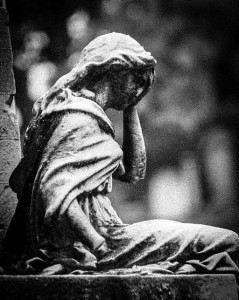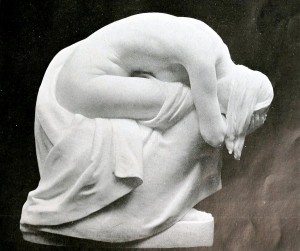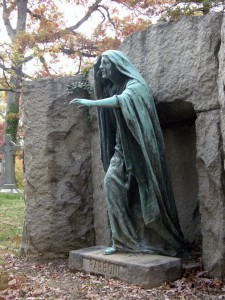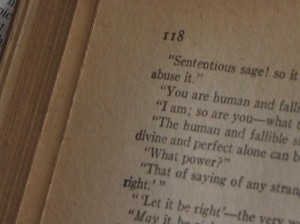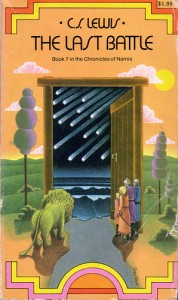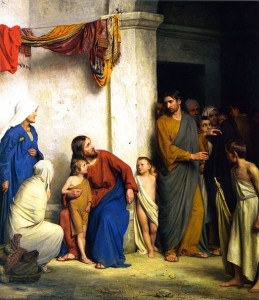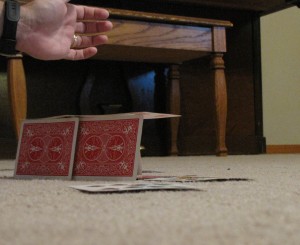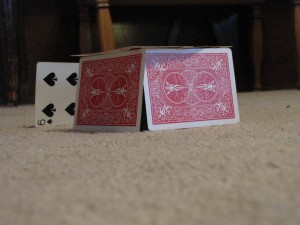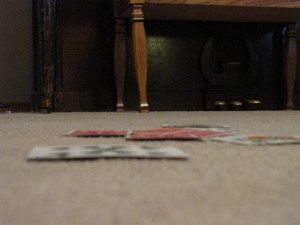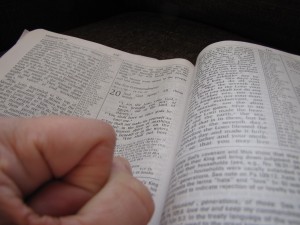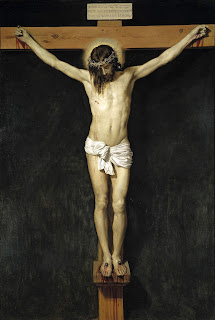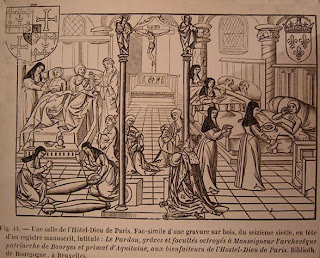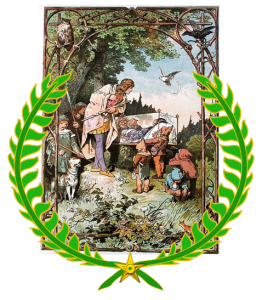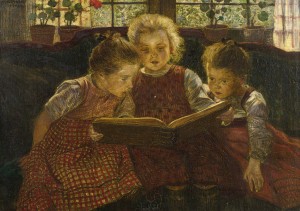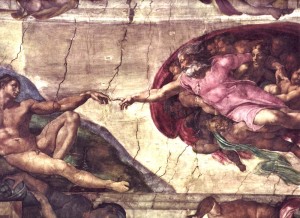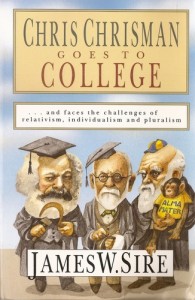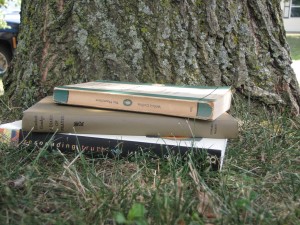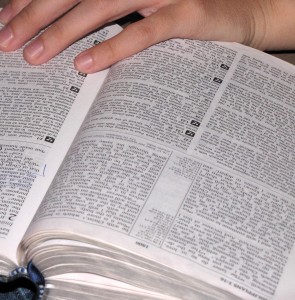You who are hurting,
suffering,
waiting,
grieving;
You who have experienced
loss after loss after loss;
You who have wondered about God,
turned away from God,
wept tears of anguish and rage before God;
You are seen.
You are known.
You are loved.
If I could sit with you, listen to you, hold your face gently in my hands and look into your eyes, this is what I would tell you:
There are two truths I want you to know, to grip tightly with both fists, to let sink down into your deepest, most raw and wounded places.
The first truth? Jesus is with you in your darkest places.
There is no hell you walk through that can keep Jesus from being beside you, before you, behind you, in you.
There are no tears you shed that are not shared by Jesus.
There is nothing, absolutely nothing, that can separate you from Love.
The second truth? There is a reality that is deeper and more real than whatever you are going through.
Your hurt, your grief, your pain is very real. It would be foolish to pretend that the brokenness is not true.
And there is something truer. There is a truth that is more real, more lasting than any suffering you may endure.
Revelation is all about showing us the truer things behind the true thing. God draws back the curtain for John so that he can see the truest things.
The true thing for John?
The Church is being persecuted, tortured, killed. Evil appears to be winning the day.
The truer thing?
God shows John the Bride of the Lamb. He says, “Let me show you the beauty, the radiance, the glory of my Church, my Bride, as she reflects the glory and beauty of her Lord. This is what my Church looks like. This is who she really is.”
And this is what is truest for you.
Beneath all the dark and ugly and broken, you are the perfect, radiant Beloved one of God.
You are Beloved.
Regardless of what you see or feel, grip with all your strength to this truest truth ~ you are his Beloved.
And all of this suffering you are enduring right now? All of this pain and sorrow and loss?
All of it will be redeemed, will be transformed into something beautiful.
It probably won’t happen in the way or in the timing you hope for, and that certainly is a hard truth.
But that hard truth does not take away the truer truth that even if God does not heal anything here on this earth (And he might. Oh, he might!), the moment you look upon the face of Jesus, see his scars suffered for you and see the love streaming out of his eyes, all of this hard will melt away like the morning mist before the rising sun.
Because the truest thing of all is that right now Jesus is with you and right now you are his Beloved.
Hold onto that and do not ever let it go.
To hear my blog post read aloud, just click the play button. If you’re reading this in an email, you may have to click here to hear the post on my site.
Art credits: Grief by Daniel Kornbau; Grief by Bertram Mackennal; Rabboni by Gutzon Borglum; sunrise by Kirk Sewell; broken Jonquil by Elizabeth Giger


